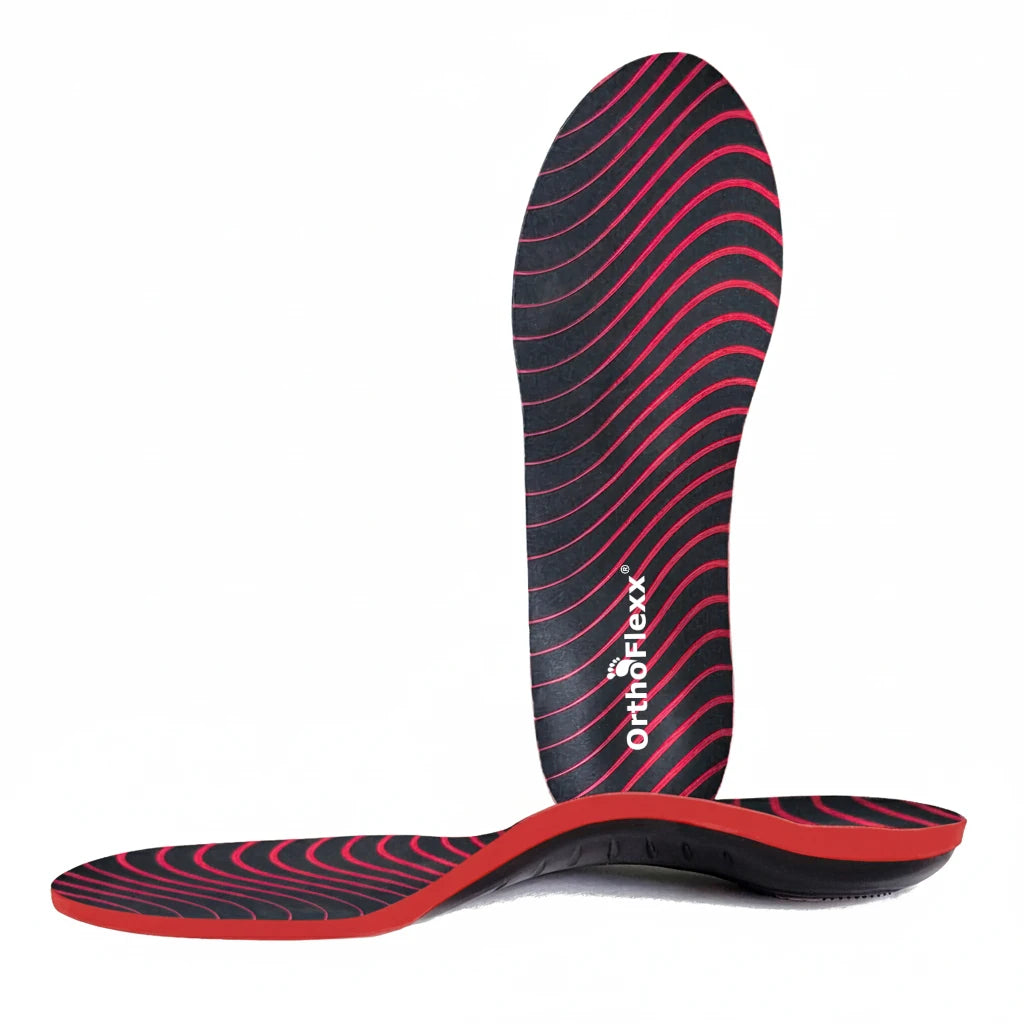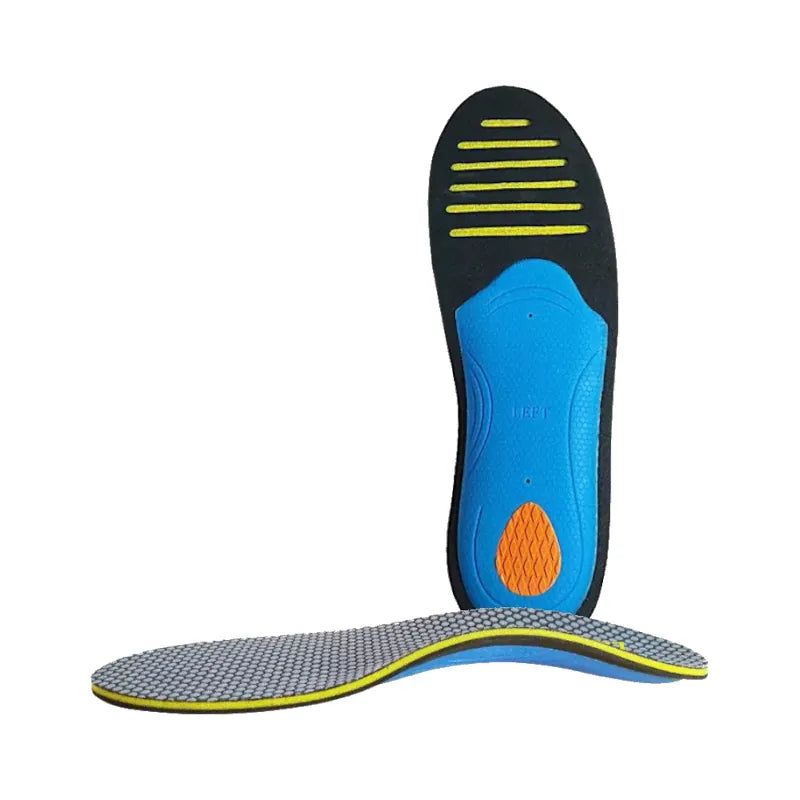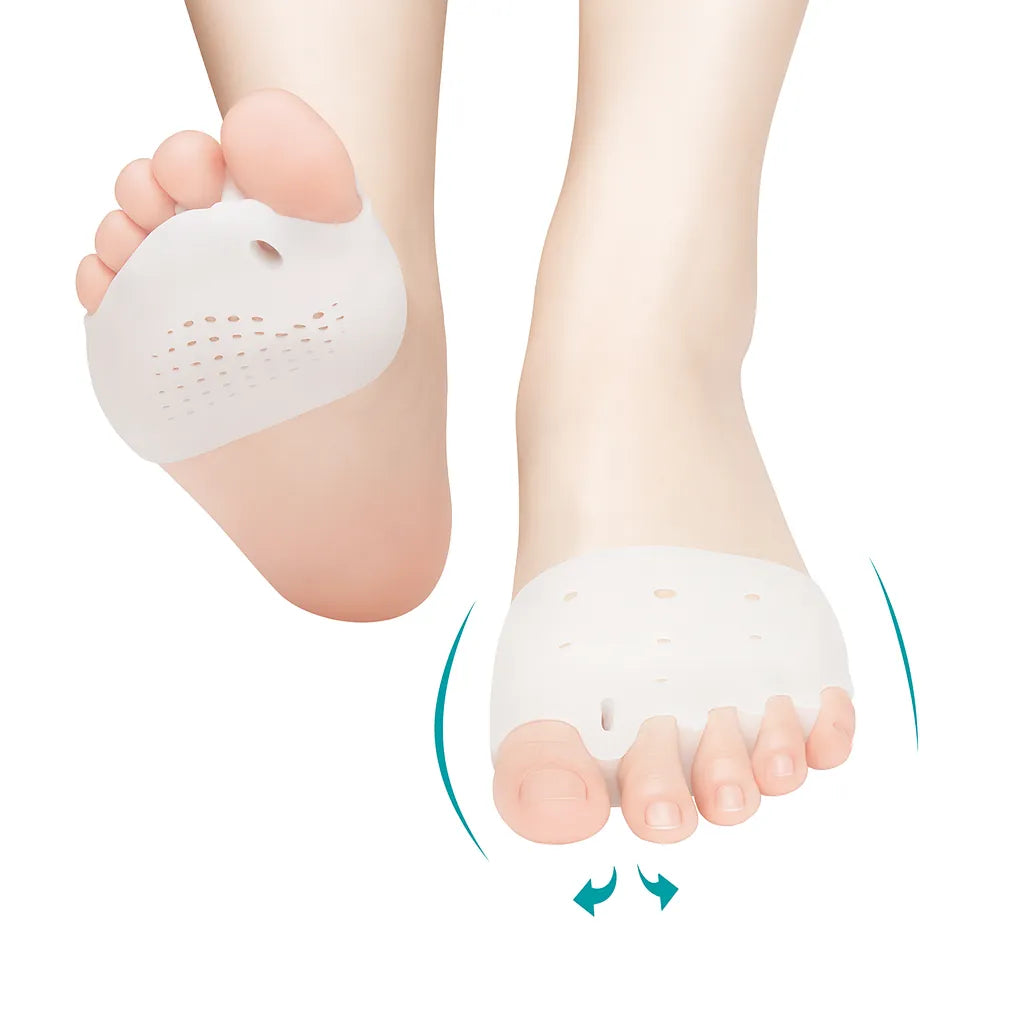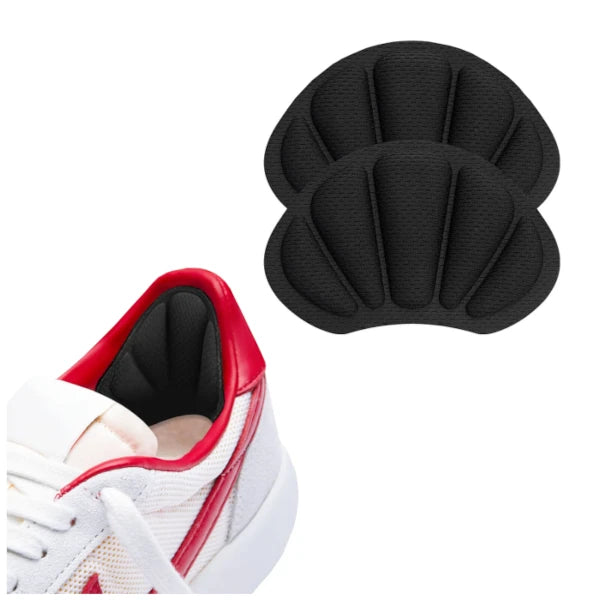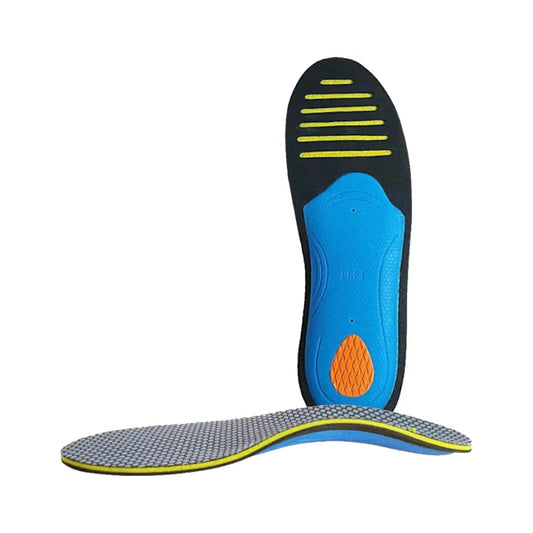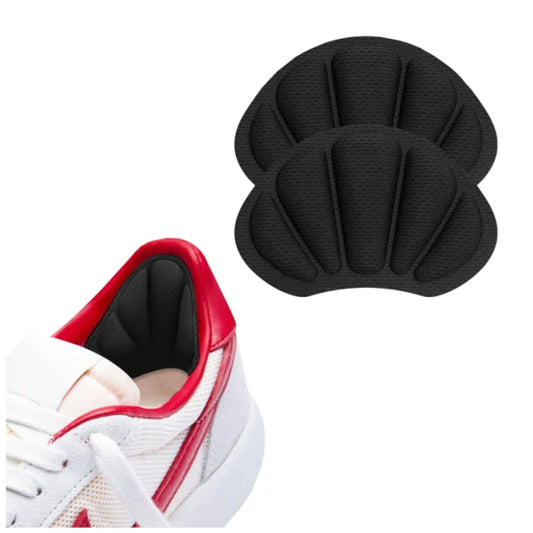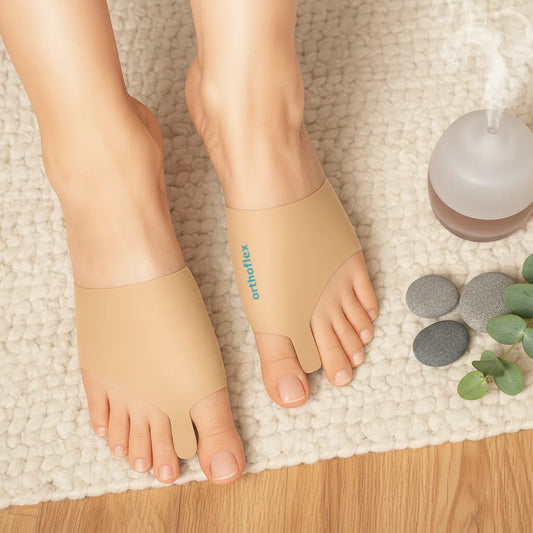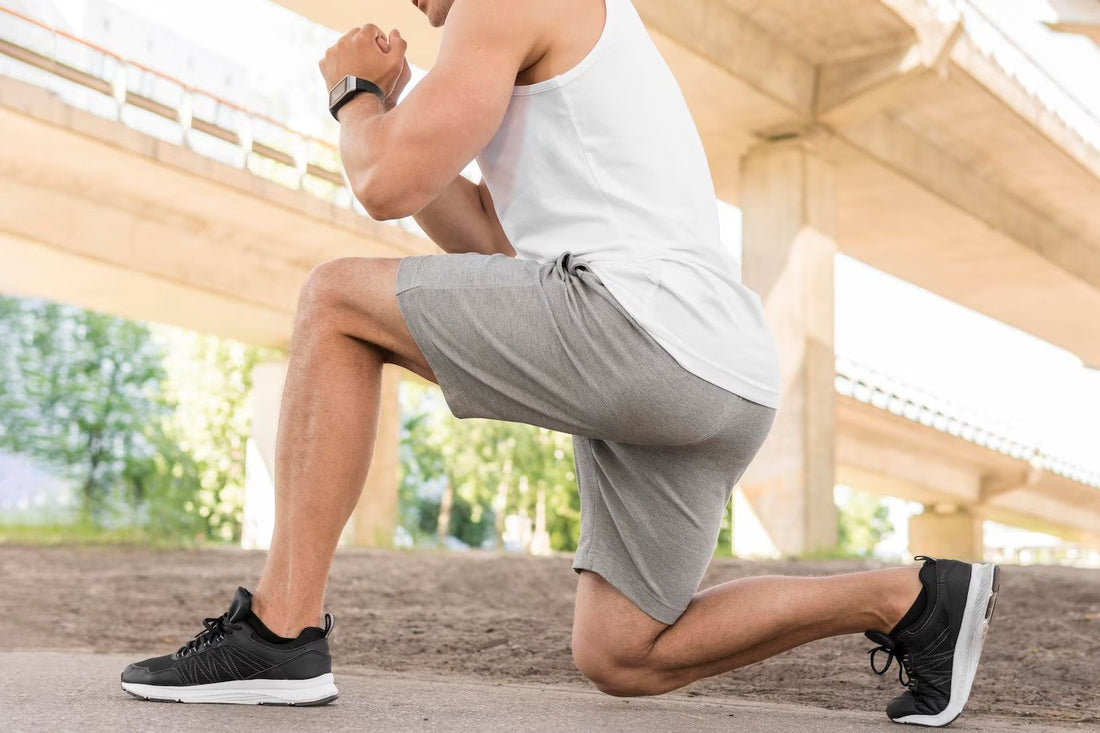
Plantar Fasciitis: Exercises to avoid
Share
Plantar fasciitis is a common cause of heel pain, often resulting from strain injury causing micro-tears to the ligament as it attaches to the heel bone or other areas of tightness on the sole of the foot. When it comes to exercises, there are certain activities to avoid and others to implement to prevent plantar fasciitis from occurring or worsening if you already have it.
While it's always essential to listen to your body and avoid any exercise that causes pain, here are five specific exercises often found in gym routines that you might want to avoid or modify if you're concerned about plantar fasciitis:
- High-Impact Cardio - Exercises such as running on the treadmill, certain types of high-intensity interval training (HIIT), and plyometric exercises (like box jumps or burpees) can place significant stress on the feet and may exacerbate plantar fasciitis symptoms.
- Heavy Calf Raises - While strengthening the calf muscles is beneficial, excessive load or doing the exercise incorrectly can create tension in the calf muscle and the Achilles tendon, which connects to the plantar fascia. It's important to stretch properly and gradually increase the weight in calf exercises.
- Jumping Exercises - Exercises that involve jumping, like jump squats or jump rope, can create a high level of impact on your feet when you land. If you're suffering from plantar fasciitis, it's better to avoid these exercises to reduce stress on your plantar fascia.
- Incline Running/Walking on a Treadmill - Incline running or walking can place additional strain on your feet, especially if done for a prolonged period. If you have to use a treadmill, try to keep it at a low incline and consider walking instead of running.
- Exercises Wearing Barefoot Shoes - While barefoot shoes can help strengthen the small muscles in the feet, they provide little shock absorption. If you're suffering from plantar fasciitis, exercising in these types of shoes, such as doing CrossFit WODs or lifting weights, might exacerbate the condition.

If you're dealing with plantar fasciitis, you might want to consider non-weight-bearing exercises like swimming or cycling. These can help maintain cardiovascular fitness without the added stress on the feet. If you're working out at a gym, consider using a rowing machine or elliptical for cardio, as these place less stress on your feet compared to running or jumping.
Before making any significant changes to your exercise routine, it's a good idea to consult with a physical therapist or another medical professional. They can provide personalized advice based on your situation and needs. Be aware that every individual is different and the stage of injury you’re in also, so it’s very important to respect the timings and don’t jump steps when it comes to recovery. Most of these pathologies come from doing too less for too long and wanting to do too much in a short period of time.

Respecting your body and physiological recovery it’s key to having better health and better performance. Good sleep, proper nutrition, and adequate hydration are three pillars of a healthy lifestyle that can have a significant impact on your overall well-being, including your foot health.
Quality sleep is crucial for the body’s repair and recovery process, including the recovery of foot conditions like plantar fasciitis. While we sleep, the body works to repair muscles and tissues, meaning that any microtears in the plantar fascia can heal. Moreover, getting enough sleep can help regulate pain and inflammatory responses, enhance immune function, and improve mental health, which can make dealing with any health issue more manageable.
Lack of sleep, on the other hand, can lead to fatigue and lower pain tolerance, making symptoms feel worse. To improve sleep quality, develop a regular sleep schedule, create a comfortable sleep environment, limit exposure to screens before bedtime, and practice relaxation techniques, such as meditation or deep breathing.
Eating a balanced diet is also crucial for foot health. Certain nutrients, like calcium and vitamin D, play a vital role in bone health. Omega-3 fatty acids have anti-inflammatory properties, and adequate protein intake is necessary for tissue repair and healing. Consuming a diet rich in fruits, vegetables, lean proteins, and whole grains can provide these essential nutrients.
Moreover, maintaining a healthy weight can alleviate the pressure on your feet and reduce the risk of plantar fasciitis. It's also beneficial to limit the intake of processed foods, as they often contain high levels of sodium and sugar, which can contribute to inflammation and weight gain.
Adequate hydration is essential for overall health, including foot health. Water plays a key role in maintaining the health of every cell in your body and aids in joint lubrication, reducing the risk of injury and inflammation in your feet.
Dehydration can lead to muscle cramps, often in the feet and legs. So, for those who are physically active or living in warmer climates, it's particularly important to stay hydrated to prevent cramps and reduce inflammation. The amount of water needed can vary based on individual factors like age, sex, weight, activity level, and overall health, but a general guideline is to drink at least eight 8-ounce glasses of water per day, and more if you're physically active.
Conclusion
In conclusion, the are some exercises to avoid if you’re currently suffering from plantar fasciitis but there are also adequate alternatives to substitute them without compromising the sports activity. Ensuring good sleep, proper nutrition, and adequate hydration is not only beneficial for your general health but can also prevent and aid in the recovery of conditions like plantar fasciitis. As always, if you have any concerns about your health, it's essential to consult with a healthcare professional who can provide personalized advice based on your specific needs.
Author Bio

Marlene Carvalho
Certified Sports Physiotherapist of Elite and Olympic athletes; Performance Coach to racing drivers
Marlene Carvalho is a sports physiotherapist passionate about all things sports.
References
- American Academy of Orthopaedic Surgeons. (2015). Plantar Fasciitis and Bone Spurs. https://orthoinfo.aaos.org/en/diseases--conditions/plantar-fasciitis-and-bone-spurs/
- Harvard Medical School. (2018). Plantar fasciitis exercises to relieve pain. https://www.health.harvard.edu/diseases-and-conditions/plantar-fasciitis-exercises-to-relieve-pain
- The American College of Foot and Ankle Surgeons. (2021). Plantar Fasciitis. https://www.foothealthfacts.org/conditions/plantar-fasciitis
- National Sleep Foundation. (2020). The connection between sleep and your immune system. https://www.sleepfoundation.org/physical-health/how-sleep-affects-immunity
- Harvard Medical School. (2019). The role of diet and exercise in preventing Alzheimer’s disease. https://www.health.harvard.edu/blog/healthy-lifestyle-can-prevent-diabetes-and-even-reverse-it-2018090514698
- American Academy of Sleep Medicine. (2020). Importance of Sleep. http://sleepeducation.org/essentials-in-sleep/healthy-sleep-habits/
